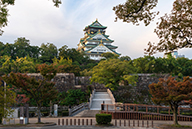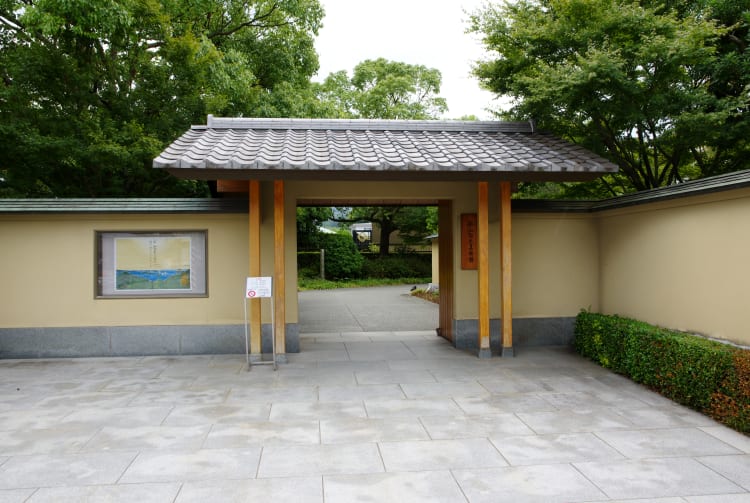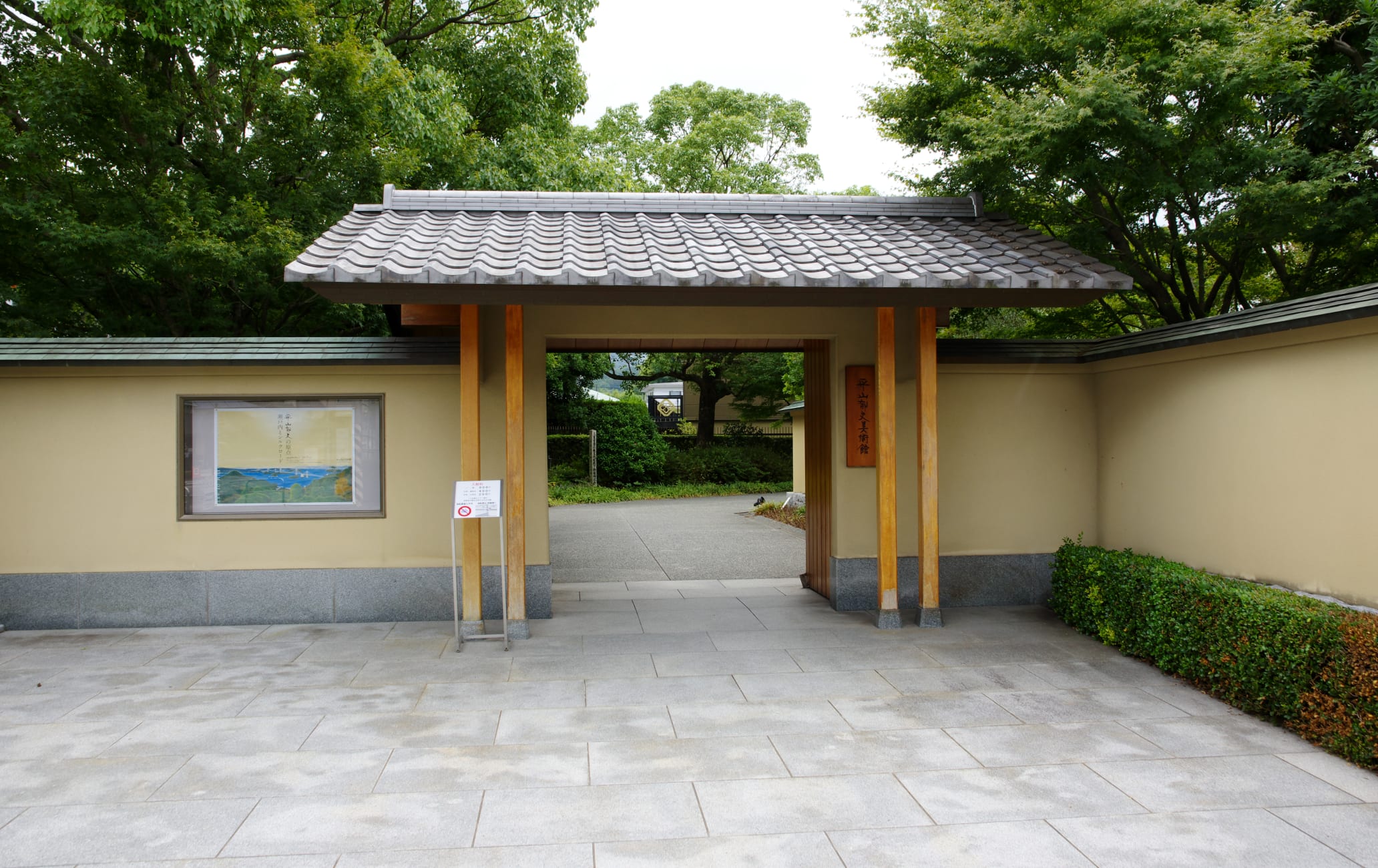See the works of Hiroshima's most famous and controversial contemporary artist
Ikuo Hirayama remains the most celebrated contemporary artist painting in the traditional Japanese style known as Nihonga. The Hirayama Ikuo Museum of Art offers his greatest works, including a series depicting the introduction of Buddhism to Japan; the ancient Silk Road that ran through Turkey, Iraq, Iran and China; and works depicting the atomic bomb, or the background of the atomic bomb.
Hirayama narrowly escaped death in the atomic blast in Hiroshima , and suffered from radiation sickness throughout his life, so his works on the atomic bomb were based on his own experiences.
Quick Facts
Hirayama's many awards include Japan's Order of Cultural Merit (1998)
How to Get There
The Hirayama Ikuo Museum of Art is accessible by bus or ferry from JR Onomichi Station.
Onomichi Station is an 80-minute train ride from Hiroshima Station. Board the local bus from Onomichi Station bound for Setoda Port, which stops in front of the museum along the way. The bus ride takes about an hour.
The museum's three exhibition halls
Although Hirayama passed away in 2009, the museum captures his spirit with a wide selection of his works. The permanent collection displays artwork from throughout his career, and special exhibitions are held on a regular basis.
The museum also has a tea lounge and a small shop where you can buy Hirayama prints and other souvenirs.
Preserving and updating the Nihonga style
Hirayama adopted the Nihonga style of painting for much of his work, a technique common in Japan from 1900 onward that mixes contemporary subjects with traditional methods and materials. While this approach stays true to artistic traditions that have survived in Japan for centuries, it allowed the artists to adopt Western techniques such as shading and perspective.
This combination of old and new is also seen in the topics Hirayama explores. From his romanticized depictions of the ancient Silk Road to the harrowing explorations of the modern horror of nuclear war, he approached every painting with intense care and deliberation.

























































